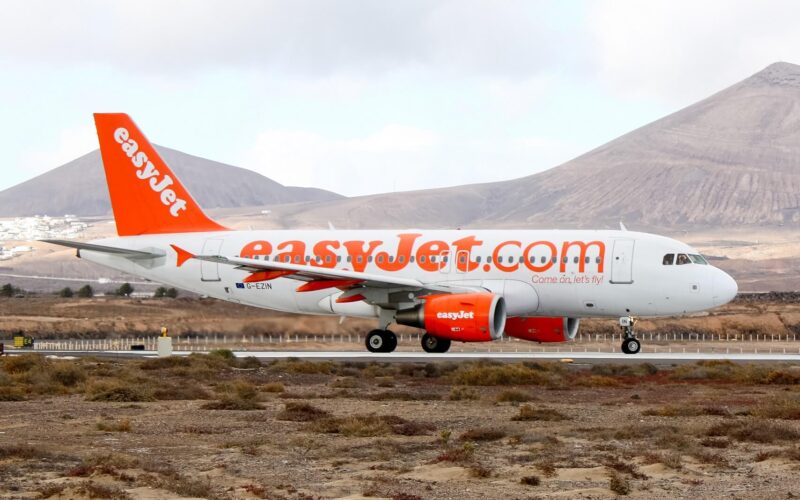The British low-cost carrier easyJet announced it would cut a third of its workforce, or nearly 4,500 jobs, and shrink its fleet in order to alleviate the impact of the coronavirus COVID-19 pandemic. It plans to resume flights from June 15, 2020.
After Virgin Atlantic, British Airways, and Ryanair, easyJet is the latest airline to announce job cuts. The measure should affect up to 30% of its 15,000-people-strong workforce, meaning that 4,500 jobs could be at stake. Additionally, the second-biggest low-cost carrier in Europe will reduce its fleet, seeking to regain £650 million (about $800 million) through the sale and leaseback of some of its aircraft. The airline had already deferred the delivery of 24 aircraft.
“To effect the restructure of our business, EasyJet will shortly launch an employee consultation process on proposals to reduce staff numbers by up to 30%, reflecting the reduced fleet, the optimisation of our network and bases, improved productivity as well as the promotion of more efficient ways of working,” the company said.
The British Airline Pilots Association (BALPA) reacted to the announcement, saying it will come as a shock to easyJet staff. “easyJet has not discussed its plans with BALPA so we will wait and see what impact there will be in the UK”, BALPA General Secretary, Brian Strutton said. “But given easyJet is a British company, the UK is its strongest market and it has had hundreds of millions in support from the UK taxpayer, I can safely say that we will need a lot of convincing that easyJet needs to make such dramatic cuts.” He qualified the cuts of “knee-jerk reaction”.
easyJet’s chief financial officer, Andrew Findlay, announced on May 26, 2020, that he would leave the low-cost airline in 2021. A few days earlier, the airline’s founder and biggest shareholder, Stelios Haji-Ioannou, had attempted to oust him, along with two other directors. The company became a theater of conflict in the past months over an Airbus order judged cumbersome by Haji-Ioannou.

